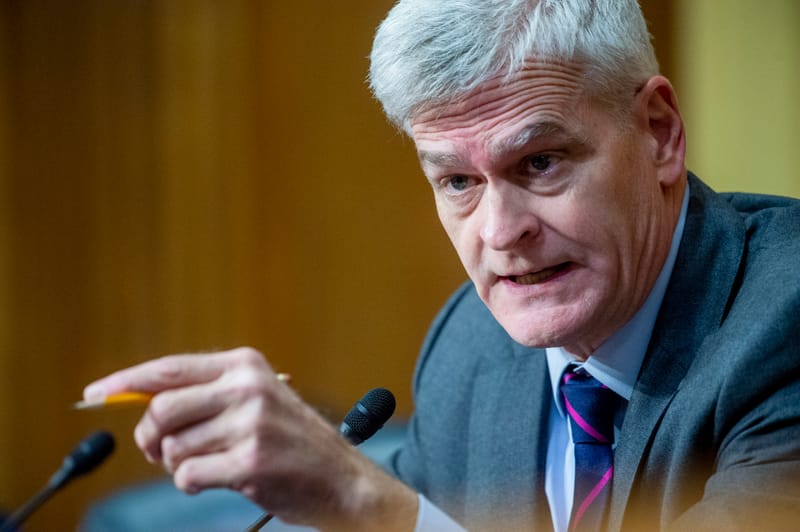Fluoride Removal Bill Fails in Louisiana House Committee After Strong Opposition from Health Experts
The House Committee on Health and Welfare voted 10-5 to reject the bill, following a wave of expert testimony warning that such a change could jeopardize community health, especially among children.
BATON ROUGE, La. — An effort to scale back fluoridation in Louisiana’s public drinking water was defeated Wednesday after health professionals raised alarms about its potential consequences for oral health, particularly in underserved communities.
The legislation, Senate Bill 2, introduced by Sen. Michael “Big Mike” Fesi, R-Houma, sought to overturn the state’s existing fluoride mandate for water systems serving 5,000 or more residents. Under the proposal, local governments would have been required to hold public referendums to continue fluoridation—a reversal of the current law.
But the House Committee on Health and Welfare voted 10-5 to reject the bill, following a wave of expert testimony warning that such a change could jeopardize community health, especially among children.
“Water fluoridation is one of the most effective and equitable interventions we have to prevent tooth decay,” said Dr. Kimberly Smith-Bibbins, chief dental officer at SWLA Center for Health Services. “It’s been safe and proven for over 80 years, and in Louisiana, where access to dental care remains a barrier for many families, it’s a crucial line of defense.”
Roughly 38% of Louisiana residents currently receive fluoridated water, according to the Louisiana Department of Health, far below the national average of 75%. Experts argue that eliminating the requirement could widen the already stark disparities in dental care.
Rep. Joseph Stagni, R-Kenner, a chiropractor and former city councilman, was among the lawmakers who voted against the bill. “This isn’t just about clean water,” he said. “It’s about protecting children and vulnerable populations. Removing fluoride requirements could create a public health crisis.”
Fesi, a vocal critic of water fluoridation, questioned the ability of utilities to control fluoride exposure and raised concerns about potential harm to organs like the thyroid and pineal gland. “We can replace our teeth,” he said in a message after the vote. “I don’t think we can replace our thyroid or pineal gland.”
However, major scientific bodies, including the Centers for Disease Control and Prevention, have found no conclusive evidence linking community water fluoridation to thyroid dysfunction or endocrine disorders. Studies that suggest such effects have often been criticized for flawed methodology and weak correlations.
Louisiana Surgeon General Dr. Ralph Abraham testified in support of the bill, referencing controversial research that has connected high fluoride exposure with reduced IQ in children. But opponents noted those studies were inconclusive and based on conditions not comparable to regulated U.S. systems.
“If residents want to remove fluoride, they already have a legal pathway to do so,” Stagni said, referring to current state laws that allow local votes on fluoridation status. “This bill would have turned a public health standard into a political battle in every parish.”
With the proposal now defeated, Louisiana will maintain its existing mandate—at least for now—continuing what many in the health sector see as a foundational policy for improving oral health outcomes statewide.








